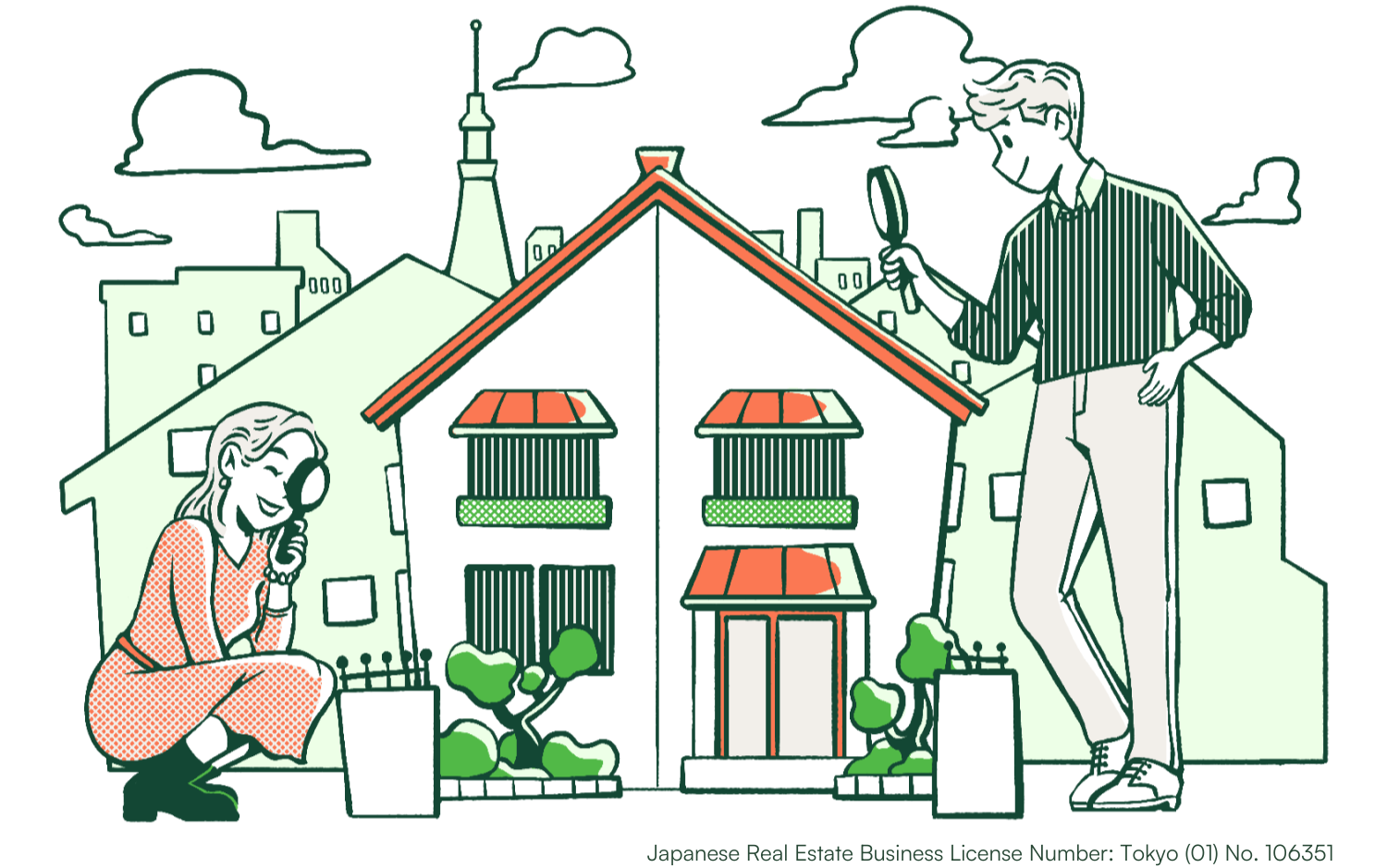
All About Property Taxes in Japan: The Ultimate Guide
Foreigners looking to purchase properties in Japan need a guide to navigate local tax laws and other related rules and regulations for a smooth and seamless experience in purchasing property overseas. Our guide answers some of the most frequently asked questions on property acquisition in Japan, especially for foreigners.
目次
General Rule for Foreigners
You might be wondering if foreigners can actually buy property in Japan. The answer is yes, foreigners are allowed to purchase property in Japan. However, there are a couple of guidelines to abide by before proceeding with purchasing property in Japan. If you are a foreigner considering purchasing property in Japan, then this guide is for you.
Tax Types and Related Fees
Much like other countries and territories, Japan has its own property tax system. If you are among those who want to acquire properties in Japan, then it would be best to familiarize yourself with how the system works.
Some parts of the Japanese property tax system include the fixed asset tax, city planning tax, real estate acquisition tax, registration and license tax, and title registration stamp duty, among other tax types and related fees.
Fixed Asset Tax
The fixed asset tax is 1.4% of the property’s assessed value, taxed yearly every 1st of January and reassessed every 3 years.
Real Estate Acquisition Tax or Property Acquisition Tax
Just a one-time cost for buyers, the real estate acquisition tax is imposed through transactions like selling, buying, exchanges, construction, and donations. 4% is the standard rate for the real estate acquisition tax, except in some special provisions with a rate of 3%. Note that the real estate acquisition tax doesn’t apply when it comes to inherited property.
City Planning Tax
Just like the fixed asset tax, the city planning tax is also based on the property's assessed value. Ranging from 0.2% to 0.3%, the rate for the city planning tax depends on the location of the property.
Registration and License Taxes
Registration and license taxes are primarily for preserving and relocating a person’s ownership. There are three (3) types of registrations with varying tax rates for registration and licensure: (1) the registration of preservation of ownership at 0.4% standard tax rate imposed and 0.15% in tax rate as provided in special provisions, (2) the registration of transfer of ownership at 2% standard tax rate imposed and 0.3% in tax rate as provided in special provisions, and finally, (3) the registration of establishment of mortgage at 0.4% standard tax rate imposed and 0.1% in tax rate as provided in special provisions.
Note that reduction measures in the tax rates as provided in special provisions are until March 31, 2026.
Stamp Tax
Title Registration Stamp Tax
The title registration stamp tax is applied once you register your property or make changes to your already registered information.
Contract Stamp Tax
The contract stamp duty is applied to contracts for property transactions within Japan. To be paid for by the seller and buyer, the contract stamp tax is either based on the amount written in the contract or the property value.
Japanese Consumption Tax
The Japanese consumption tax applies exclusively to the property purchased, which excludes land. It’s also good to note that this tax is 10% of the sales price and not the assessed value. Those who successfully purchase a piece of property can reclaim the Japanese consumption tax, given that the property is rented out in the year after purchase to short-term holiday rentals.
Withholding Tax
The withholding tax especially applies to foreigners or non-residents of Japan. In terms of percentage, 10.21% of the withholding tax goes to the Japanese tax office while the remaining 89.71% goes to the seller. Typically accomplished by the real estate agent for the buyer, the withholding tax must be paid for by the 10th day of the month after the sales transaction is complete.
Brokerage Fee
The brokerage fee is 3% when it comes to properties priced over ¥4 million. There’s also an additional ¥60,000 fee on top of the Japanese consumption tax mentioned above.
Gift Tax
The gift tax is imposed in cases when a piece of property is given for free or donated.
Inheritance Tax
The inheritance tax applies to properties that are inherited. This tax is calculated from the total inheritance amount, from which the basic deduction amount is removed.
Documents Needed for Buying Properties
Visa/Residence Card
If you’re a foreigner living in Japan, you should obtain a valid residence card. If you don’t have a residence card at the moment (or you’re not planning to obtain a visa/residence card at all), then don’t worry – if the piece of property you want to obtain reaches a certain amount, then you won’t be required to obtain a visa or residence card anymore.
Registered Seal
Comparable to a notarized signature, your registered seal or personal stamp is what you’ll be using in lieu of your signature. To obtain a registered seal certificate, you need approval from your local municipal office.
Japanese Bank Account
If you’re looking to open a bank account in Japan, they would need your valid passport, residence card or visa, proof of residence or address, proof of employment or income, and your registered seal.
Secured Loan and Guarantee
If you need a secured bank loan as a foreigner, then you would need to undergo a loan application process. This is where obtaining a guarantee from a guarantor company comes in. These companies usually charge fees according to the purchase price of your desired property.
Conclusion
Especially if you’re a foreigner, purchasing a piece of property in Japan involves a thorough understanding of the system. Determining the amount of taxes to pay for, which bank to select, which guarantor company to work with, and other things you need to legally and successfully purchase properties in Japan requires patience, dedication, and good research.






